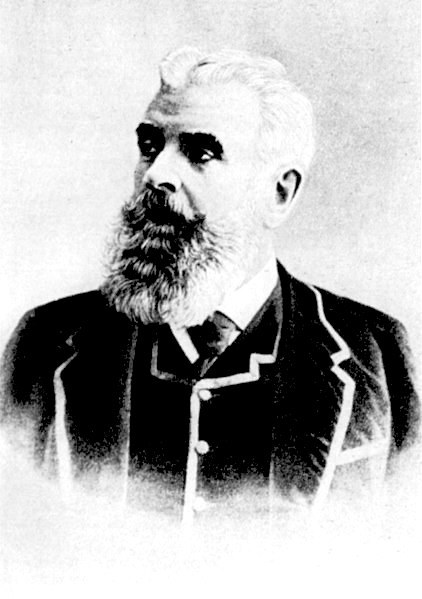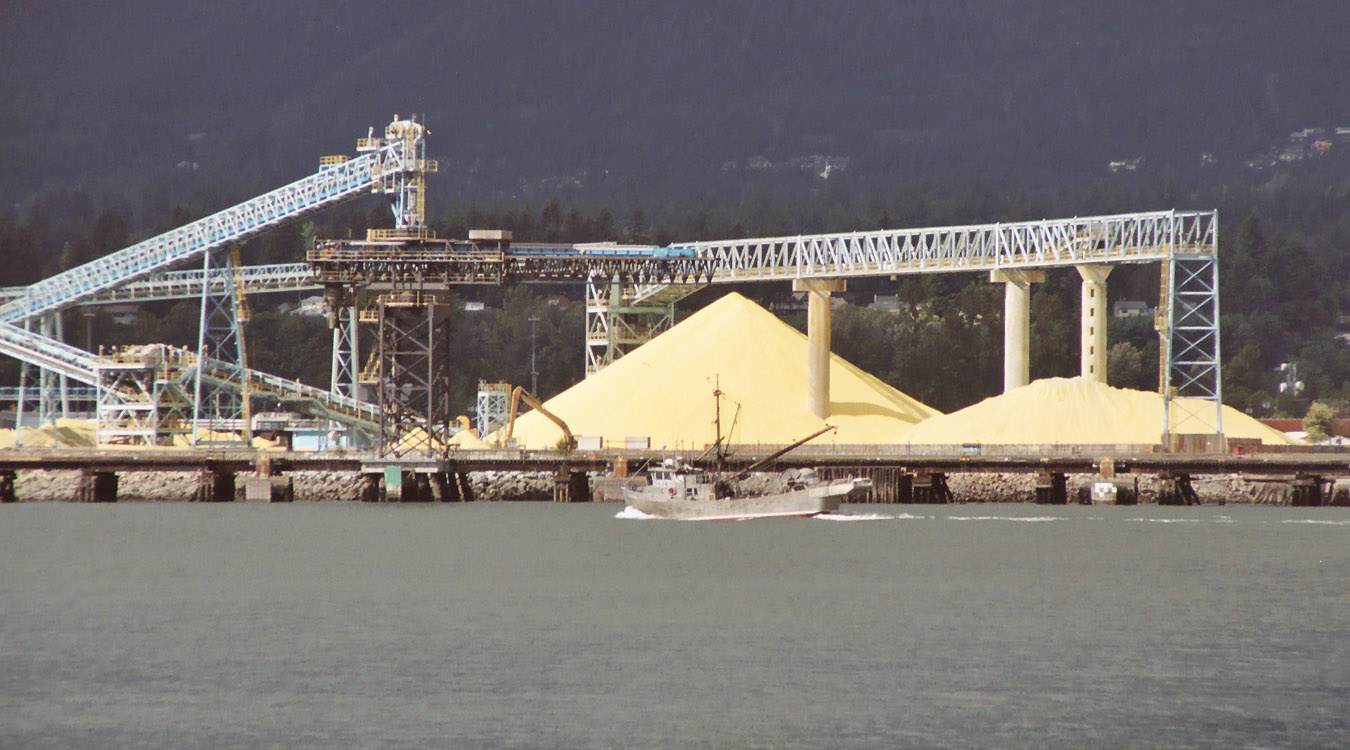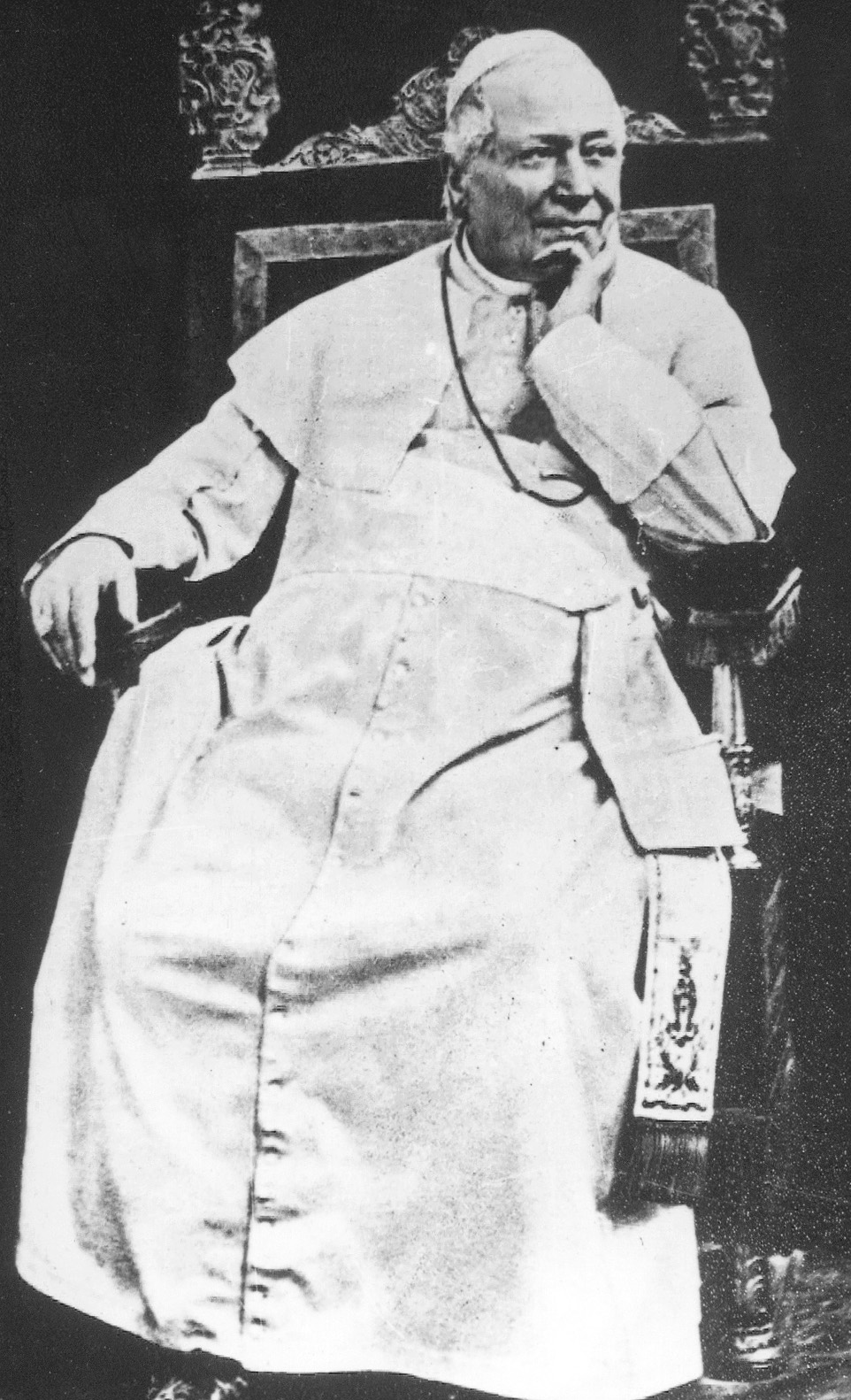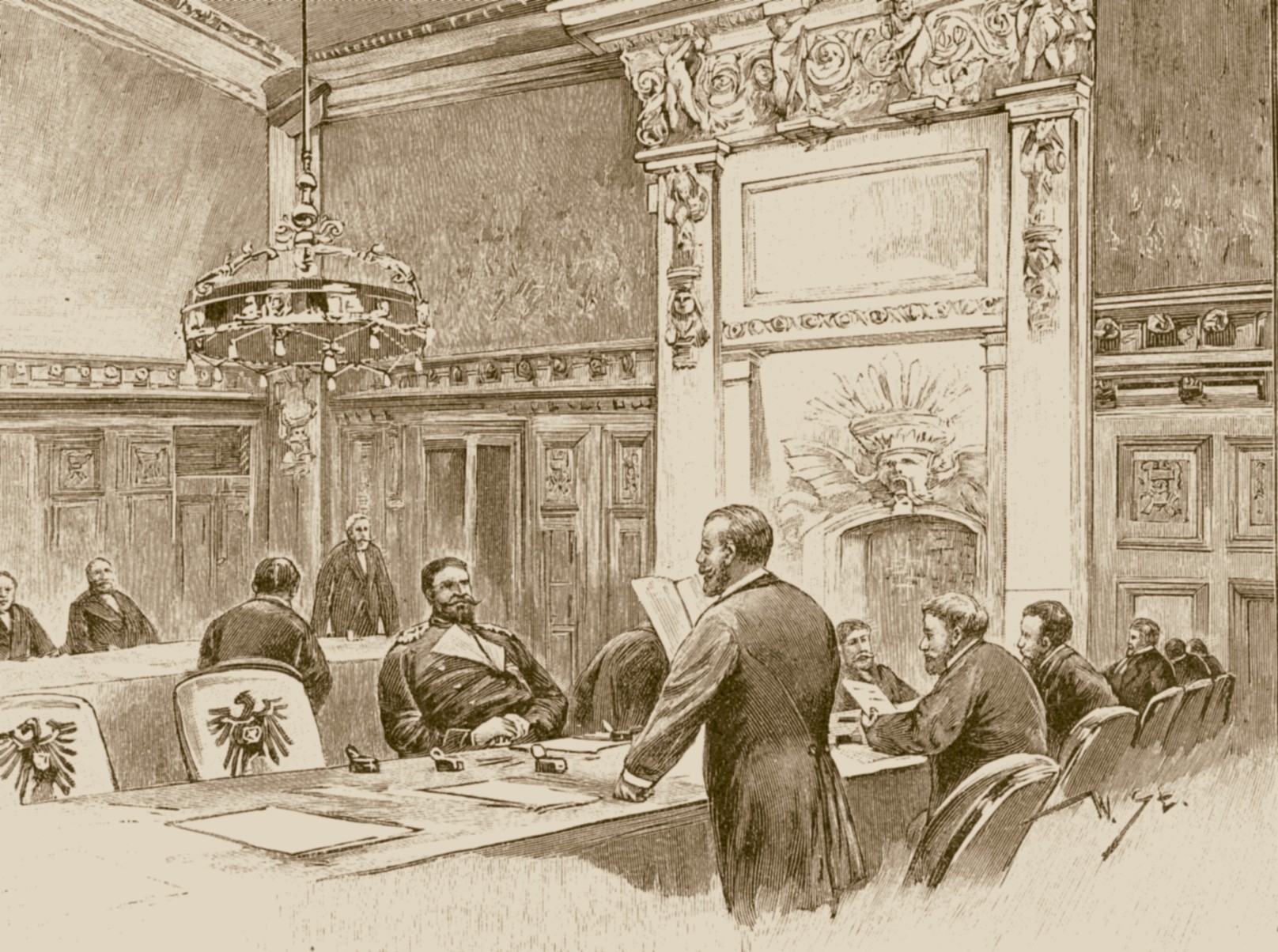|
German Tariff Of 1879
The German tariff of 1879 was a protectionist law passed by the '' Reichstag'' (under the guidance of Chancellor Otto von Bismarck) that imposed tariffs on industrial and agricultural imports into Imperial Germany. Background Following the end of the Napoleonic Wars in 1815, Prussia had adopted low tariffs (including for grain) and these became the basis of the ''Zollverein'' tariff of 1834. In 1853 the duties on grain were abolished and in 1862 the commercial treaty with France (along with similar treaties with other states) substantially reduced the duties for manufactured goods. The Treaty of Frankfurt of 1871 established most favoured nation status between Germany and France. In 1873 free trade won its last victory in Germany with the abolition of the duty on iron. Tariffs were now for raising revenue and not for protective purposes, with the German Empire therefore almost a completely free-trading state. In 1850 two-thirds of Germany was employed in agriculture and this propor ... [...More Info...] [...Related Items...] OR: [Wikipedia] [Google] [Baidu] |
Protectionism
Protectionism, sometimes referred to as trade protectionism, is the economic policy of restricting imports from other countries through methods such as tariffs on imported goods, import quotas, and a variety of other government regulations. Proponents argue that protectionist policies shield the producers, businesses, and workers of the Import substitution industrialization, import-competing sector in the country from foreign competitors. Opponents argue that protectionist policies reduce trade and adversely affect consumers in general (by raising the cost of imported goods) as well as the producers and workers in export sectors, both in the country implementing protectionist policies and in the countries protected against. Protectionism is advocated mainly by parties that hold Economic nationalism, economic nationalist or left-wing positions, while economically right-wing political parties generally support free trade. There is a consensus among economists that protectioni ... [...More Info...] [...Related Items...] OR: [Wikipedia] [Google] [Baidu] |
Guido Henckel Von Donnersmarck
Guido Georg Friedrich Erdmann Heinrich Adalbert Graf Henckel von Donnersmarck, from 1901 Prince (''Fürst'') Henckel von Donnersmarck (born 10 August 1830 in Breslau, died 19 December 1916 in Berlin) was a German nobleman, industrial magnate, member of the House of Henckel von Donnersmarck and one of the richest men of his time. He was married in his first marriage to the famed French courtesan Esther Lachmann, known as La Païva, of Russian Jewish origin. Career Born in Breslau, Silesia, he was the son of Karl Lazarus, Count Henckel von Donnersmarck (1772–1864) and his wife Julie, née Countess von Bohlen (1800–1866). When his older brother Karl Lazarus Graf Henckel von Donnersmarck died in 1848, his father transferred his numerous mining properties and ironworks in Silesia to Guido, who soon became one of the richest men in Europe. Henckel also had a sister, Wanda (1826–1907), who in 1843 became the second wife of Ludwig, Prince von Schönaich-Carolath. Friedrich vo ... [...More Info...] [...Related Items...] OR: [Wikipedia] [Google] [Baidu] |
Raw Material
A raw material, also known as a feedstock, unprocessed material, or primary commodity, is a basic material that is used to produce goods, finished goods, energy, or intermediate materials that are feedstock for future finished products. As feedstock, the term connotes these materials are bottleneck assets and are required to produce other products. The term ''raw material'' denotes materials in unprocessed or minimally processed states; e.g., raw latex, crude oil, cotton, coal, raw biomass, iron ore, air, lumber, logs, water, or "any product of agriculture, forestry, fishing or mineral in its natural form or which has undergone the transformation required to prepare it for international marketing in substantial volumes". The term ''secondary raw material'' denotes waste material which has been recycled and injected back into use as productive material. Ceramic While pottery originated in many different points around the world, it is certain that it was brought to light mostly ... [...More Info...] [...Related Items...] OR: [Wikipedia] [Google] [Baidu] |
Kulturkampf
(, 'culture struggle') was the conflict that took place from 1872 to 1878 between the Catholic Church led by Pope Pius IX and the government of Prussia led by Otto von Bismarck. The main issues were clerical control of education and ecclesiastical appointments. A unique feature of , compared to other struggles between the state and the Catholic Church in other countries, was Prussia's anti-Polish component. By extension the term is sometimes used to describe any conflict between secular and religious authorities or deeply opposing values, beliefs between sizable factions within a nation, community, or other group. Background Europe and the Catholic Church Under the influence of new emerging philosophies and ideologies, such as the enlightenment, realism, positivism, materialism, nationalism, secularism, and liberalism, the role of religion in society and the relationship between society and established churches underwent profound changes in the 18th and 19th centuries. P ... [...More Info...] [...Related Items...] OR: [Wikipedia] [Google] [Baidu] |
Ludwig Windthorst
Baron Ludwig von Windthorst (17 January 181214 March 1891) was a German politician and leader of the Catholic Centre Party (Germany), Centre Party and the most notable opponent of Chancellor Otto von Bismarck during the Kingdom of Prussia, Prussian-led unification of Germany and the Kulturkampf. Margaret L. Anderson argues that he was "Imperial Germany's greatest parliamentarian" and bears comparison with Irishmen Daniel O'Connell and Charles Stewart Parnell "in his handling of party machinery and his relation to the masses." He entered politics during the revolutionary years of 1848 and 1849 in the Protestant Kingdom of Hanover, where his legal and political skills overcame the handicap of near blindness and being in an unpopular minority. He supported Hanoverian independence ("particularism") and was loyal to monarchism. He was not a Liberal but they admired his opposition to the king's reactionary policies and his strong support for an independent judiciary and the rights o ... [...More Info...] [...Related Items...] OR: [Wikipedia] [Google] [Baidu] |
Indirect Tax
An indirect tax (such as sales tax, per unit tax, value added tax (VAT), or goods and services tax (GST), excise, consumption tax, tariff) is a tax that is levied upon goods and services before they reach the customer who ultimately pays the indirect tax as a part of market price of the good or service purchased. Alternatively, if the entity who pays taxes to the tax collecting authority does not suffer a corresponding reduction in income, i.e., impact and tax incidence are not on the same entity meaning that tax can be shifted or passed on, then the tax is indirect. An indirect tax is collected by an intermediary (such as a retail store) from the person (such as the consumer) who pays the tax included in the price of a purchased good. The intermediary later files a tax return and forwards the tax proceeds to government with the return. In this sense, the term indirect tax is contrasted with a direct tax, which is collected directly by government from the persons (legal or natu ... [...More Info...] [...Related Items...] OR: [Wikipedia] [Google] [Baidu] |
Direct Tax
Although the actual definitions vary between jurisdictions, in general, a direct tax or income tax is a tax imposed upon a person or property as distinct from a tax imposed upon a transaction, which is described as an indirect tax. There is a distinction between direct and indirect tax depending on whether the tax payer is the actual taxpayer or if the amount of tax is supported by a third party, usually a client. The term may be used in economic and political analyses, but does not itself have any legal implications. However, in the United States, the term has special constitutional significance because of a provision in the U.S. Constitution that any ''direct taxes'' imposed by the national government be apportioned among the states on the basis of population. In the European Union direct taxation remains the sole responsibility of member states. General meaning In general, a direct tax is one imposed upon an individual person (juristic person, juristic or natural person, natur ... [...More Info...] [...Related Items...] OR: [Wikipedia] [Google] [Baidu] |
Bundesrat (German Empire)
The ''Bundesrat'' ("Federal Council") of the North German Confederation and the German Empire was the highest legislative body in Germany. It existed from 1867 to 1918. Until the German Orthographic Conference of 1901, 1902 spelling reform, its name was spelled ''Bundesrath''. The ''Bundesrat'' comprised representatives of the 25 member states (''Bundesstaaten''). The numbers of votes of each state were specified in the Constitution of the German Empire, imperial constitution. The representatives of the states voted as directed by their governments. The chairmanship of the Bundesrat was held by the Chancellor of Germany, Imperial Chancellor. All laws passed in Germany had to have the support of the Bundesrat. Also, certain official procedures carried out by the German Emperor, Kaiser had to be voted on, for example, the dissolution of the Reichstag (German Empire), Reichstag and declarations of war. The Bundesrat ruled on Reichsexekutions; besides, it had numerous administrative ... [...More Info...] [...Related Items...] OR: [Wikipedia] [Google] [Baidu] |
Wilhelm Von Kardorff
Wilhelm von Kardorff (8 January 1828 in Neustrelitz – 21 July 1907) was a German landowner and politician who supported the Free Conservative Party. From the founding of the North German Confederation in 1867 until his death he was one of the most influential members of his party.Sidney B. Fay, 'Reviewed Work: Wilhelm von Kardorff: Ein Nationaler Parliamentarier im Zeitalter Bismarcks und Wilhelms II, 1828-1907 by Siegfried von Kardorff', ''The Journal of Modern History'' Vol. 9, No. 4 (Dec., 1937), pp. 529-530 He was educated at Heidelberg and Halle, where he fought 31 duels.Carlton J. H. Hayes, 'Reviewed Work: Wilhelm von Kardorff, ein nationaler Parliamentarier im Zeitalter Bismarcks und Wilhelms II, 1828-1907 by Siegfried von Kardorff', ''The American Historical Review'' Vol. 43, No. 1 (Oct., 1937), pp. 126-128 He joined the Prussian civil service in the late 1840s and during the next decade purchased large estates in Silesia. He greatly admired Otto von Bismarck and enjoye ... [...More Info...] [...Related Items...] OR: [Wikipedia] [Google] [Baidu] |
Bismarck Pickelhaube
Bismarck most often refers to: * Otto von Bismarck (1815–1898), Prussian statesman and first Chancellor of Germany * Bismarck, North Dakota, the capital of North Dakota, U.S. * German battleship ''Bismarck'', a 1939 German World War II battleship Bismarck or Bismark may also refer to: Places United States * Bismarck, Arkansas * Bismarck, Illinois * Bismarck Township, Michigan * Bismarck Township, Sibley County, Minnesota * Bismarck, Missouri * Bismarck, Nebraska * Bismarck, North Dakota * Bismarck, West Virginia * Bismark, Oklahoma, former name of present Wright City, Oklahoma; name changed during World War I Oceania * Bismarck Sea, north of New Guinea * Bismarck Archipelago, a part of Papua New Guinea * Bismarck Range, a mountain range in Papua New Guinea * Collinsvale, Tasmania, originally named Bismarck, in Australia Other places * Cape Bismarck, NE Greenland * Bismarck, Chihuahua, a village in Mexico * Bismark, Germany, the town after which Otto von Bismarck's ancesto ... [...More Info...] [...Related Items...] OR: [Wikipedia] [Google] [Baidu] |
Gotha
Gotha () is the fifth-largest city in Thuringia, Germany, west of Erfurt and east of Eisenach with a population of 44,000. The city is the capital of the district of Gotha and was also a residence of the Ernestine Wettins from 1640 until the end of monarchy in Germany in 1918. The House of Saxe-Coburg and Gotha originating here spawned many European rulers, including the royal houses of the United Kingdom, Belgium, Portugal (until 1910) and Bulgaria (until 1946). In the Middle Ages, Gotha was a rich trading town on the trade route ''Via Regia'' and between 1650 and 1850, Gotha saw a cultural heyday as a centre of sciences and arts, fostered by the dukes of Saxe-Gotha. The first duke, Ernest the Pious, was famous for his wise rule. In the 18th century, the ''Almanach de Gotha'' was first published in the city. The publisher Justus Perthes and the encyclopedist Joseph Meyer made Gotha a leading centre of German publishing around 1800. In the early 19th century, Gotha was a bi ... [...More Info...] [...Related Items...] OR: [Wikipedia] [Google] [Baidu] |
National Liberal Party (Germany)
The National Liberal Party (german: Nationalliberale Partei, NLP) was a liberal party of the North German Confederation and the German Empire which flourished between 1867 and 1918. During the Prussian-led unification of Germany, the National Liberals became the dominant party in the Reichstag parliament. While supporting the common ideals of liberalism and nationalism, the party contained two wings which reflected the conflicting claims of its Hegelian and idealistic heritage: one which emphasized the power of the state through the ''Nationalstaat'', and the other which emphasized the civil liberties of the ''Rechtsstaat''. Although this cleavage later proved fatal for its unity, the National Liberals managed to remain the pivotal party in the decades after unification by cooperating with both the Progressives and the Free Conservatives on various issues. Origins A first national liberal parliamentary group arose among right-wing deputies of the liberal German Progress Party ... [...More Info...] [...Related Items...] OR: [Wikipedia] [Google] [Baidu] |








